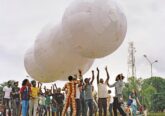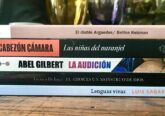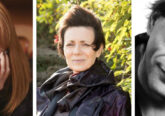“The Naranjel Girls” wins the Medifé Filba Foundation Award
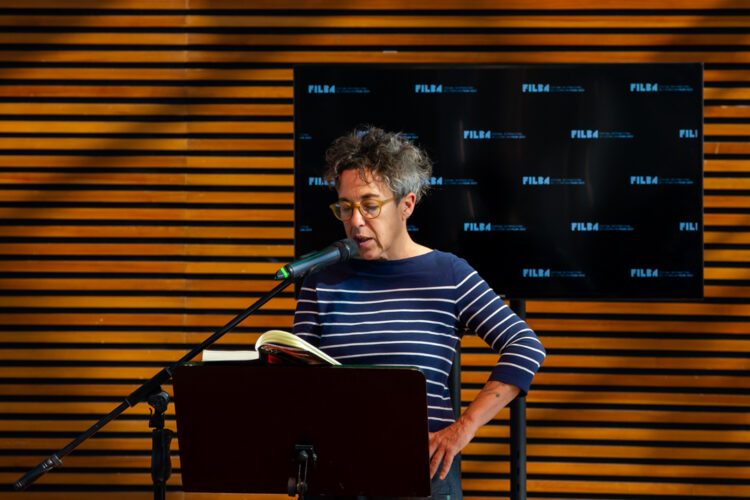
The novel by the writer Gabriela Cabezón Cámara was declared the winner of the fifth edition of the Medifé Filba Foundation Award, a recognition that highlights the best of contemporary literature.
This award, which awards a prize of 3.500.000 pesos, was announced after a selection process that began in July and culminated with the selection of this work among 252 evaluated publications.
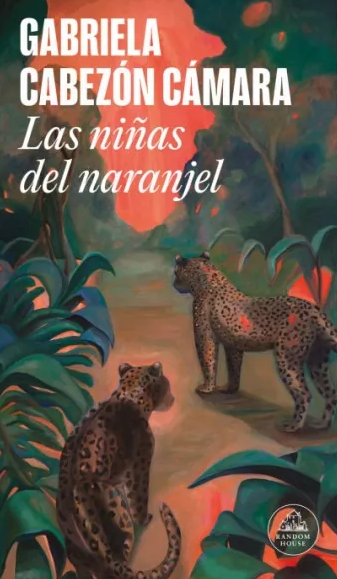 The judge, composed of María Sonia Cristoff, Juan Mattio and María Moreno, highlighted the multiple virtues of the novel, published by Penguin Random House. According to the jury, The book combines critical depth and a unique language that revitalizes the narrative. “He is able to deal with a historical figure without falling into predictable formulas.”, returning an extraordinary vitality to dialogue and language”, pointed out María Sonia Cristoff.
The judge, composed of María Sonia Cristoff, Juan Mattio and María Moreno, highlighted the multiple virtues of the novel, published by Penguin Random House. According to the jury, The book combines critical depth and a unique language that revitalizes the narrative. “He is able to deal with a historical figure without falling into predictable formulas.”, returning an extraordinary vitality to dialogue and language”, pointed out María Sonia Cristoff.
Meanwhile, Juan Mattio highlighted how the novel approaches history from a novel approach, twisting language to explore new perspectives. “Gabriela Cabezón Cámara generates cracks in what we thought was already known, such as the Spanish Conquest or traditional identities”, he claimed. Maria Moreno, while, highlighted the linguistic richness of the work, what a Spanish mix, Guarani and other expressions, creating a disobedient and unique narrative.
The winning novel was chosen from a short list also made up of “Love is a monster of God”, by Luciana De Luca (Tusquets Editores); “The devil Arguedas”, by Betina Keizman (Entropy Editorial); "The audition", Abel Gilbert (Golosina Editorial) and “Living languages”, by Luis Sagasti (Eternal Cadence Editor).
The award-winning work stands out for its narrative uniqueness. “The Girls of the Naranjel” tells the story of Antonio, a character inspired by Catalina de Erauso, known as the Ensign Nun, who in the 17th century escaped from the convent where she was a novice to participate, dressed as a man, in the conquest of America. The novel intertwines adventures and reflections on identity, with a baroque language that integrates Basque songs, prayers in Latin and Guarani words.
in a fragment, the protagonist reflects: “The murmur of the jungle does not stop. It is a single but made of thousands of voices. […] Not just the bunch of trees and animals but something immaterial between them. a relationship. Or many”. This passage is an example of how the novel invites a deep, sensory experience of the narrative..
The Medifé Filba Foundation Award, consolidated in the literary field, In previous editions it has already distinguished authors such as Juan Ignacio Pisano with “The Last Falcon on Earth” (Baltasara Editor), Federico Falco with “Los llanos” (Anagrama Editorial), Juan Mattio with “Materials for a nightmare” (Aquiline Editions) and Diego Muzzio with “The Eye of Goliath” (Entropy Editorial).



